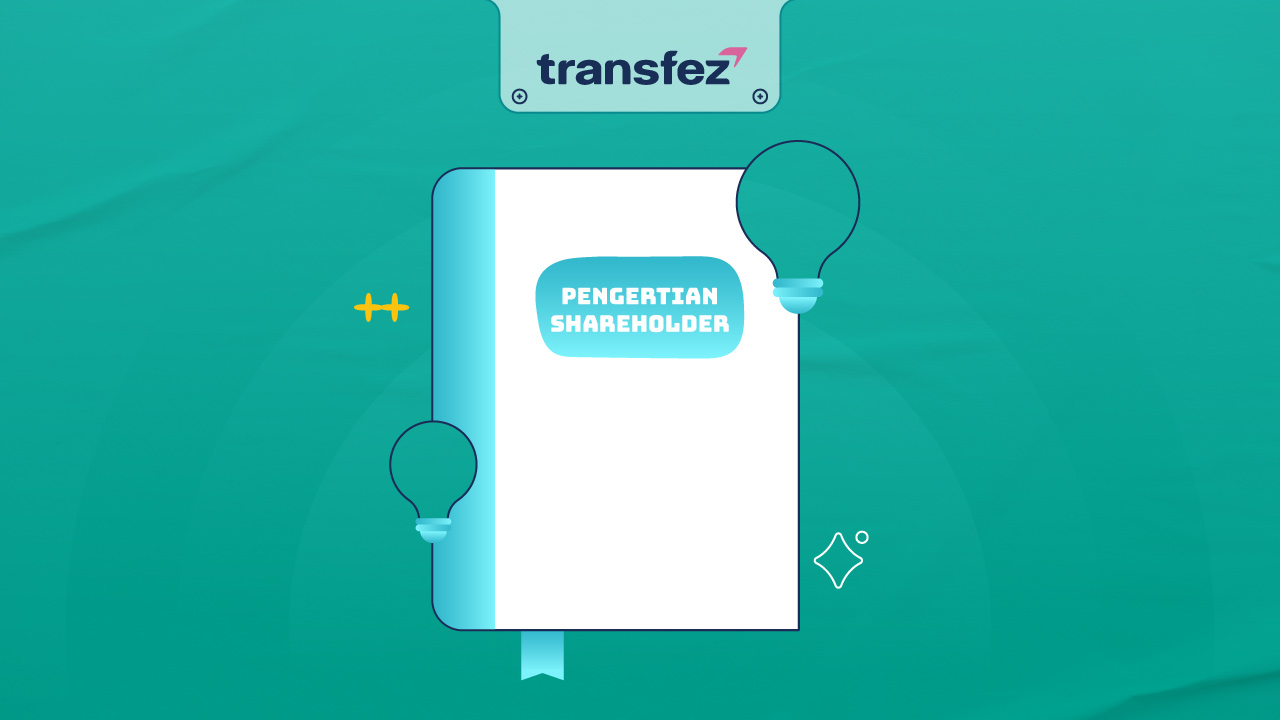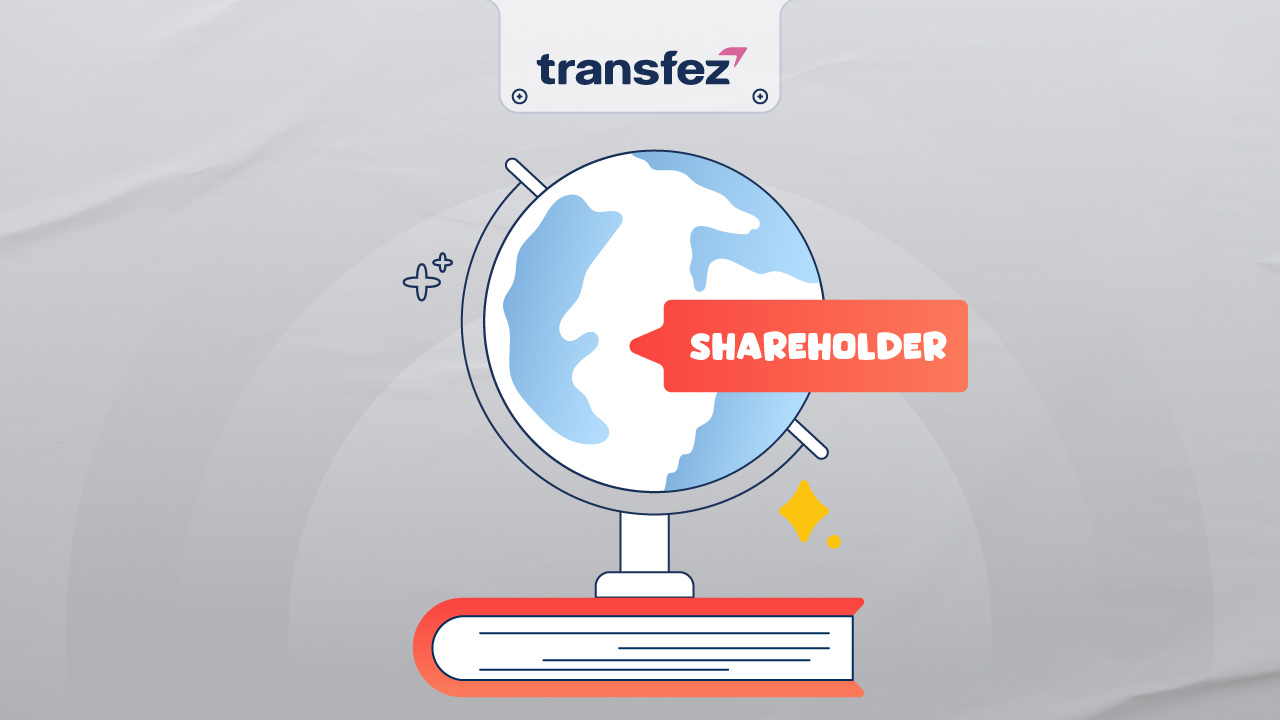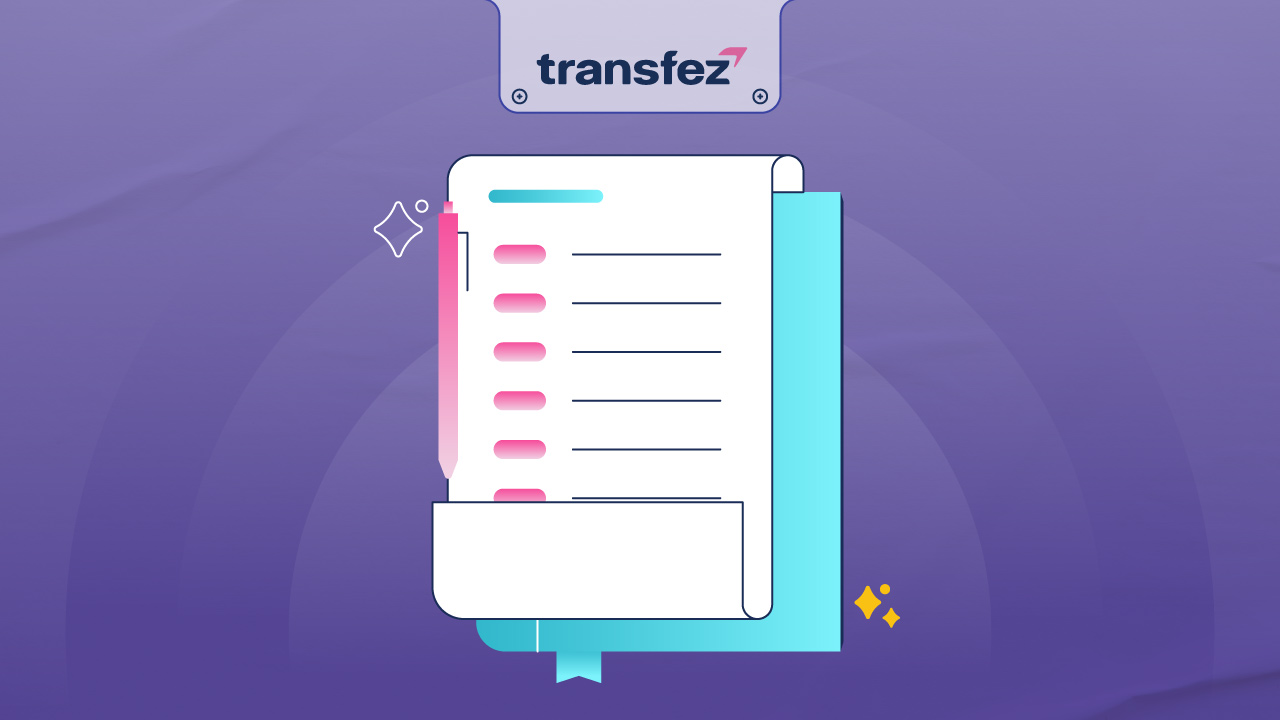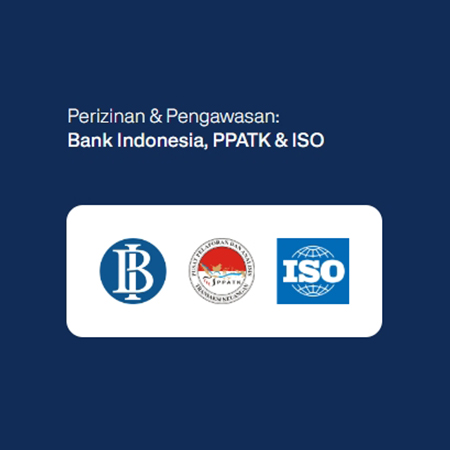
In the world of stock investing, a shareholder is an individual or group with the most fundamental stake in a company. Shareholders hold various responsibilities and rights that they must exercise at specific times. For more clarity, here’s a full explanation, please read carefully!
What Is a Shareholder?

A shareholder is an individual or group that owns at least one share in a company. Share ownership by a shareholder is legally recognized and protected by law.
A shareholder can be an individual, a company, or an organization that holds shares in a corporation. They benefit from the company’s profits through dividends or capital gains.
However, if the company experiences losses, this negatively affects the stock value, which in turn impacts the shareholder’s portfolio value. In addition to having the right to the company’s profits, shareholders may also have a say in determining certain policies related to company operations.
They also have the right to nominate themselves to participate in the election of the company’s board of directors since they are partial owners of the business.
Shareholders are crucial to a company because they are the main source of capital. They often work alongside stakeholders with the common goal of boosting the company’s profitability.
For example, if the company must liquidate its assets, shareholders will receive a portion of the proceeds after all creditors have been paid.
In such situations, shareholders are generally not held liable for the company’s debts or obligations. In other words, they are not responsible for paying off the company’s liabilities.
Definition of Shareholder According to Experts

Prof. Dr. Sukmawati Sukamulja
According to Prof. Dr. Sukmawati Sukamulja, a shareholder is an individual or entity directly involved in optimising the company’s wealth, whether as management or shareholders.
Example of a Shareholder
As previously explained, a shareholder is an individual or group who holds at least one ownership right in a company.
Examples of shareholders include company stockholders and investors.
Types of Shareholders

There are two main types of shareholders: Common Shareholders and Preferred Shareholders.
1. Common Shareholders
These are individuals or groups that hold ordinary shares in a company. Common shareholders have voting rights on company matters and may file class action lawsuits to prevent actions that may harm the company.
2. Preferred Shareholders
These shareholders own special company shares but do not have voting rights in company decisions. However, they are entitled to a fixed annual dividend payment, which is issued before dividends are paid to common shareholders.
3. Rights of Shareholders
In general, shareholders have the following rights:
a. To review company records and financial statements
b. To sue company directors or executives for misconduct
c. To vote on significant company issues
d. To receive dividends from company profits
e. To attend annual general meetings directly or via remote means
f. To influence decisions through proxies, online voting, or paper ballots
g. To receive proportional returns in case of company asset sales or liquidation
It’s important to note that the rights of shareholders may vary depending on the laws of each country. If you’re an investor, it’s essential to review the relevant local regulations before investing.
Another key shareholder right is the standard of protection applied before investing in a company’s stock, to safeguard ownership rights from poor management.

In simple terms, a shareholder is someone who owns part of a company through legal equity or shares. There are two types of shareholders: common and preferred. Although their rights differ, both play a significant role in ensuring the company operates smoothly.
Therefore, shareholders must ensure accurate and positive returns are reflected in the company’s profit-and-loss reports. They also collaborate with stakeholders to enhance the company’s value and profitability.
Download Transfez App
Transfez App can help you transfer money abroad more quickly and efficiently. Jack Finance can also help your business in making transactions abroad. For those of you who want to send money to relatives who are abroad because they are studying, working, or traveling, Transfez will be ready to help. This app is available on Android as well as iOS.










